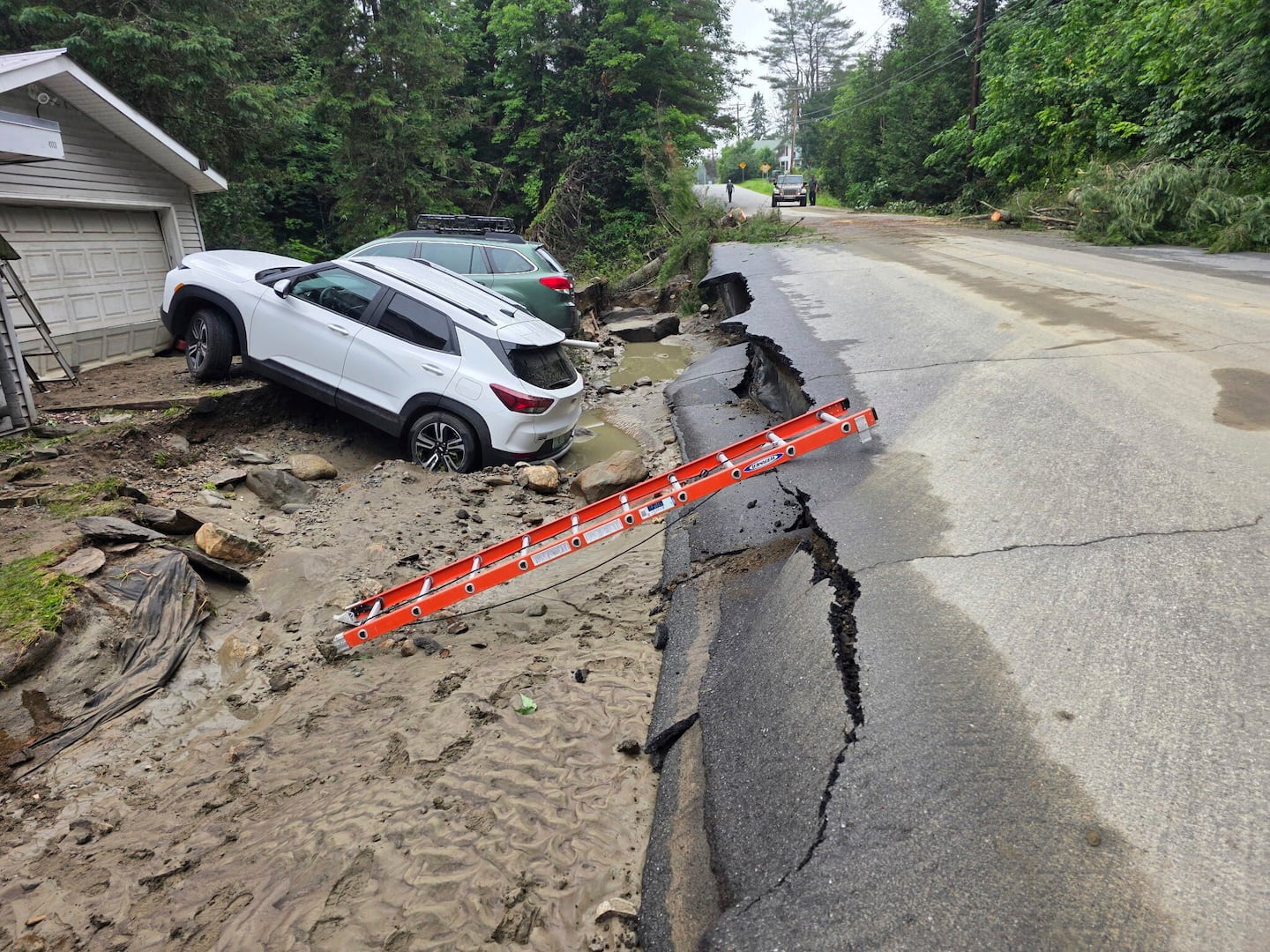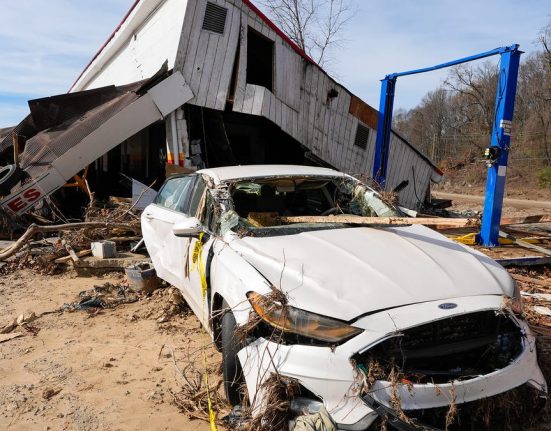“In the wake of devastating flooding in Texas and other states, it’s clear just how critical federal resources are in helping states prepare for and respond to natural disasters,” Massachusetts Attorney General Andrea Campbell said in a statement Wednesday. “… This administration is abandoning states and local communities that rely on federal funding to protect their residents.”
Trump administration officials ended the Federal Emergency Management Agency’s disaster preparedness grant program in April. In a press release at the time — which is no longer posted on FEMA’s website — administration officials called the program “wasteful” and “politicized.” The money from the program would be reallocated to the agency or returned to the US Treasury, the announcement said.
FEMA’s disaster preparedness grant program, currently called the Building Resilient Infrastructure and Communities program, or BRIC, has been around in some form for decades. It funds things like floodwalls, pump stations, tornado shelters, and levees across the nation. The program got a big boost during the Biden Administration with a $1 billion appropriation from the Infrastructure Investment and Jobs Act.
Since Trump has taken office, his administration has aimed to reverse much of the funding allocated by that legislation and from the Inflation Reduction Act, both of which provided billions for climate resilience projects.
President Trump suggested early in his administration that FEMA would “go away,” and Secretary of Homeland Security Kristi Noem said they would “eliminate” the agency. Since the Texas flood emergency, however, administration officials appear to no longer be calling for FEMA’s demise.
FEMA officials did not immediately respond to a request for comment about the end of the grant program or about why the press release concerning it is no longer posted.
In the lawsuit, filed in US District Court in Massachusetts, 19 democratic state attorneys general and democratic governor of Pennsylvania Josh Shapiro argued that shutting the program is illegal because Congress had created and allocated funds toward it.
They also argued that FEMA’s acting administrators were not lawfully appointed, and that ending BRIC violated the separation of powers by intruding on Congress’s power of the purse.
Massachusetts lost out on about $90 million in expected funds when the program ended, much of it for stormwater infrastructure upgrades and coastal flood protections.
In Chelsea and Everett, a $50 million grant from the program would’ve been used to build a storm surge control facility, a storm surge barrier, and restore salt marsh to prevent flooding along a tributary of the Mystic River. More than 5,000 residents live in the floodplain nearby, according to the complaint.
And in Boston, grants would’ve been used to redesign Moakley Park in South Boston and Tenean Beach in Dorchester to brace for increasing sea levels.
Massachusetts is one of the most vulnerable states in the nation to sea level rise, which is increasing at a faster pace in New England than in most areas of the world. Already, sea levels here have risen by about a foot over the last century, and are likely to rise another foot by 2050 compared to 2000, climate models suggest.
Boston, a major city built right up to the water’s edge, is particularly at risk. Dozens of coastal resilience projects are planned for the city’s 47-mile waterfront to withstand 40 inches of sea level rise by 2070, but financing is an open question.
Cities and states have long relied on the federal government to help fund costly sea walls, berms, and stormwater infrastructure, which are now being delayed or halted altogether by the federal funding cuts.
“Communities across the country are being forced to delay, scale back, or cancel hundreds of mitigation projects depending on this funding,” states attorneys general wrote in the lawsuit.
“And in the meantime, Americans across the country face a higher risk of harm from natural disasters.”
Erin Douglas can be reached at erin.douglas@globe.com. Follow her @erinmdouglas23.






